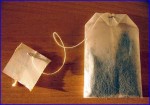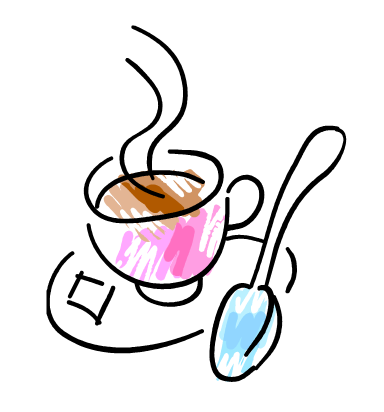Not the usual cup of tea – nanotechnology now delivers clean, safe drinking water through a filter that fits into the neck of a bottle.
Take a look at this video in which Eugene Cloete demonstrates the teabag-style filter and literally tests the water.
Developed at South Africa’s Stellenbosch University by microbiologist and Dean of the Faculty of Science, Professor Eugene Cloete and a team of polymer scientists from the Department of Microbiology, the recently patented filter looks easy to use.
The high-tech teabag is the result of years of research and could be used to provide safe drinking water for communities living near polluted water streams.
Access to safe drinking water is still a major problem, particularly in sub Saharan Africa and Oceana, according to the World Health Organisation, so this new technology may be an innovative solution if it can be widely distributed.
Distribution and storage
Each filter can only be used for one litre of water, so availability may be an issue here, as will other factors such as safe storage of the filters, how easily they can be carried (maybe they should be distributed in small pouches) and what would happen if a filter keeps being reused rather than replaced.
“The water is cleaned right then and there when you drink from the bottle”
Eugene Cloete
The bottle that is used for instantly filtering the water is made of plastic and is reusable so there are no environmental issues here.
The “tea bag” part of the filter is made from the same materials as off-the-shelf roobios tea bags which is biodegradeable.
How the teabags work
This material is lined with nano-fibres which filter any contaminants in the water.
The bags contain active carbon granules which kill any bacteria in the water which passes through them.
Could disposal of the filters be problematic?
According to Marelize Botes, one of the researchers at Stellenbosch University “The nanofibres will disintegrate in liquids after a few days and will have no environmental impact. The raw materials of the tea-bag filter are not toxic to humans.”
impact. The raw materials of the tea-bag filter are not toxic to humans.”
How the bottles will be distributed and how to ensure that users will be able to access a ready supply of replacement filters remains to be seen.
The filters cost only 3 South African cents (just under 0.5 US cents), but making them available to rural communities that have no monetary income could present a challenge.

